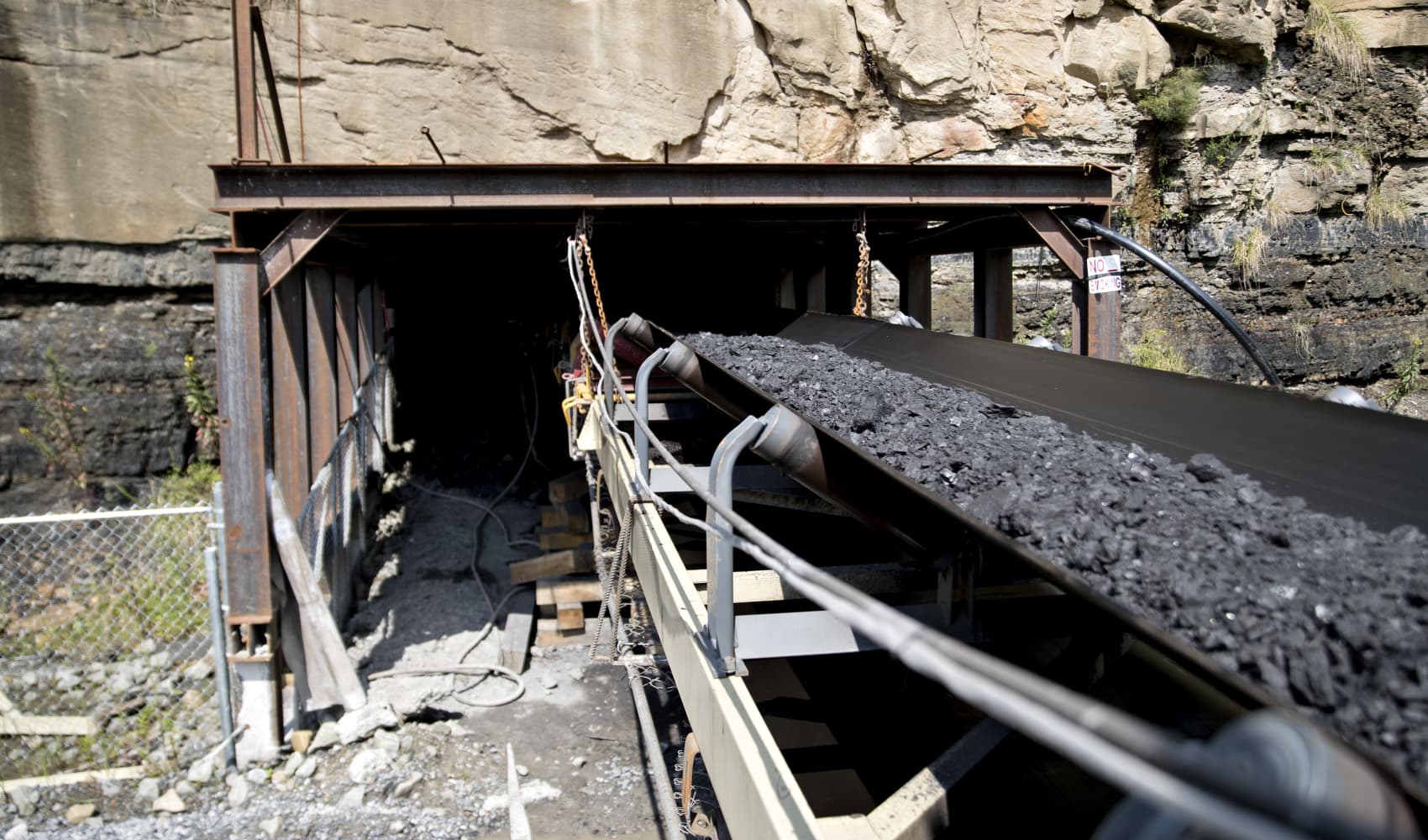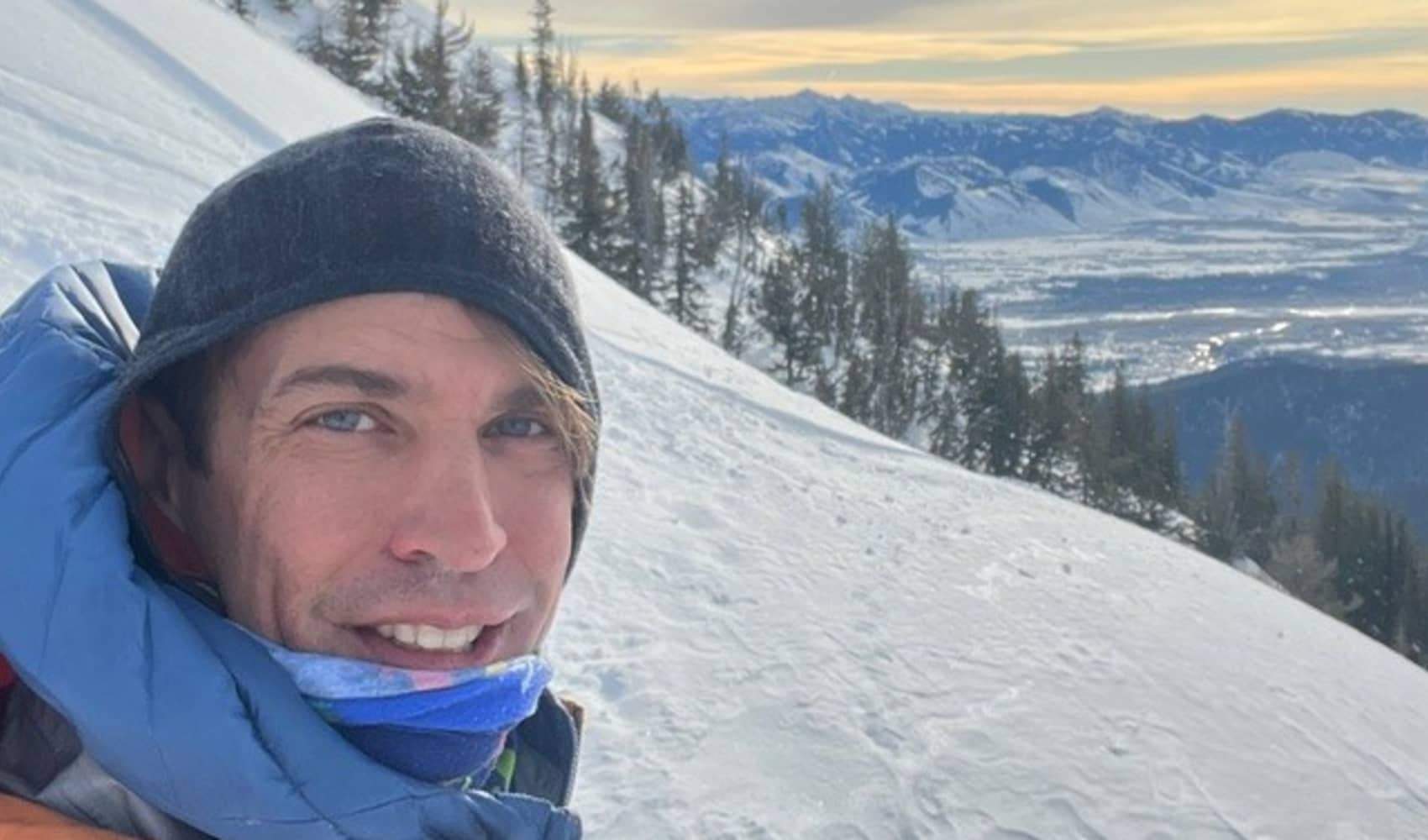Rare Earth Breakthrough: Coal Mine To End China Dependence?
Can This Coal Company Break China's Rare Earth Grip?
Introduction: A Kentucky Coal Miner's Unexpected Treasure
Imagine a scenario straight out of a movie: a small coal company, struggling to stay afloat, buys a seemingly unremarkable mine for a pittance. Then, BAM! They discover it's sitting on a mountain of rare earth elements, materials so vital to modern technology and national security that they could reshape global power dynamics. Sounds far-fetched, right? Well, that's precisely what happened to Ramaco Resources.
This isn't just a feel-good story; it's potentially a game-changer for the United States. For too long, the U.S. has been heavily reliant on China for rare earth elements (REEs). This dependence poses a significant risk to our economy, our technological advancement, and even our national defense. But could this Kentucky-based coal miner, Ramaco Resources, actually help break that dependence? Let's dive in and explore the exciting possibilities.
Ramaco Resources: From Coal to Rare Earths
Ramaco Resources, a relatively small coal mining company headquartered in Kentucky, unexpectedly stumbled upon a massive deposit of rare earth elements at its Brook Mine in Wyoming. The mine, acquired for a mere $2 million, could become a cornerstone in the U.S.'s efforts to secure its rare earth supply chain. How did this happen? It's a story of serendipity, strategic vision, and a whole lot of potential.
The Brook Mine: A Rare Earth Goldmine in Wyoming
The Serendipitous Discovery
The discovery of REEs at the Brook Mine wasn't planned. It was a fortunate accident, a testament to the unpredictable nature of geological exploration. While initially focused on coal extraction, Ramaco's analysis revealed unexpectedly high concentrations of rare earth oxides. The results were astounding. The implications are enormous.
1.7 Million Tons: The Scale of the Opportunity
Consulting firm Weir International estimates the Brook Mine holds approximately 1.7 million tons of rare earth oxides. To put that in perspective, that's a significant amount, positioning Ramaco as a major player in the rare earth market. This discovery could be transformative, not just for the company, but for the entire nation.
The U.S. Dependence on China: A National Security Concern
Why is this rare earth discovery so crucial? Because the United States is currently heavily reliant on China for these critical materials. REEs are essential for manufacturing a wide range of products, from smartphones and electric vehicles to wind turbines and military equipment. China controls a significant portion of the global supply chain, creating a strategic vulnerability for the U.S.
Rare Earth Elements: The Building Blocks of Modern Technology
What exactly are rare earth elements, and why are they so important? They're a group of 17 metallic elements with unique magnetic, luminescent, and catalytic properties. Think of them as the vitamins and minerals of the modern technological world – essential in small quantities, but absolutely vital for optimal performance.
Ramaco's Plan: Commercial Operations by 2028
Ramaco Resources isn't just sitting on this discovery; they're actively working to develop the mine and processing facilities. CEO Randall Atkins has stated the company aims to launch commercial operations by 2028. This is an ambitious timeline, but if successful, it would mark a significant step towards reducing U.S. dependence on China. Timing is key, and Ramaco seems to understand the urgency.
The Target: 1,400 Metric Tons Annually
The initial goal is to produce an estimated 1,400 metric tons of rare earth oxides annually. While this is just a fraction of the global demand, it represents a substantial contribution to the U.S. domestic supply. Every ton produced domestically is a ton less we need to import from potentially unreliable sources.
Breaking Ground: The First New Rare Earth Mine in Decades
The Brook Mine project is poised to be the first new rare earth mine in the United States in over 70 years. This is a monumental achievement, showcasing the potential for domestic production and innovation. It's a symbol of a renewed commitment to securing our own critical mineral resources.
Challenges Ahead: Navigating Regulations and Securing Investment
Developing a rare earth mine is not without its challenges. Ramaco will need to navigate complex environmental regulations, secure significant investment, and develop efficient processing technologies. These are hurdles, but not insurmountable ones. The potential rewards outweigh the risks, and the company seems determined to succeed.
The Environmental Impact: Sustainable Mining Practices
Environmental considerations are paramount. Mining operations can have significant environmental impacts, and it's crucial that Ramaco implements sustainable mining practices to minimize its footprint. This includes responsible waste management, water conservation, and habitat restoration. A focus on sustainability is not just good for the environment; it's good for business.
The Geopolitical Implications: A Shift in Global Power?
The development of a domestic rare earth supply chain could have significant geopolitical implications. By reducing its dependence on China, the U.S. can strengthen its national security, promote economic growth, and enhance its technological competitiveness. This isn't just about mining; it's about shaping the future of global power dynamics.
Beyond the Brook Mine: The Potential for Further Discoveries
The Brook Mine discovery may be just the tip of the iceberg. There's potential for further discoveries of rare earth deposits across the United States. Investing in geological exploration and research could unlock even more domestic resources, further strengthening our supply chain security. Who knows what hidden treasures lie beneath our feet?
The Future of Rare Earths: Innovation and Technological Advancement
The rare earth industry is constantly evolving, with new technologies and innovations emerging all the time. Developing advanced processing techniques and exploring alternative materials could further reduce our reliance on traditional rare earth elements. Innovation is the key to unlocking a more sustainable and secure future.
The Importance of Government Support: Policy and Funding
Government support is crucial for the development of a robust domestic rare earth industry. This includes policies that promote responsible mining, streamline permitting processes, and provide funding for research and development. A collaborative effort between government and industry is essential for success.
Conclusion: A Promising Path to Rare Earth Independence
Ramaco Resources' discovery at the Brook Mine represents a significant opportunity for the United States to break its dependence on China for rare earth elements. While challenges remain, the potential benefits are immense. By investing in domestic production, promoting innovation, and prioritizing sustainable practices, the U.S. can secure its future and maintain its technological edge. The journey towards rare earth independence has begun, and the Brook Mine could be a crucial stepping stone. The road to energy independence could lie beneath a coal mine in Wyoming.
Frequently Asked Questions (FAQs)
Here are some frequently asked questions about Ramaco Resources and the rare earth elements discovery:
- What are rare earth elements used for?
Rare earth elements are used in a wide variety of products, including smartphones, electric vehicles, wind turbines, defense systems, and medical devices. They are essential components in many high-tech applications.
- How dependent is the U.S. on China for rare earth elements?
The U.S. is heavily dependent on China for rare earth elements, with China controlling a significant portion of the global supply chain. This dependence poses a risk to national security and economic competitiveness.
- When is Ramaco Resources expected to begin commercial production?
Ramaco Resources aims to launch commercial operations at the Brook Mine by 2028.
- How will this project impact the environment?
Ramaco Resources is committed to implementing sustainable mining practices to minimize the environmental impact of the Brook Mine project. This includes responsible waste management, water conservation, and habitat restoration.
- What are the potential benefits of developing a domestic rare earth supply chain?
Developing a domestic rare earth supply chain can strengthen national security, promote economic growth, enhance technological competitiveness, and reduce reliance on potentially unreliable foreign sources.

